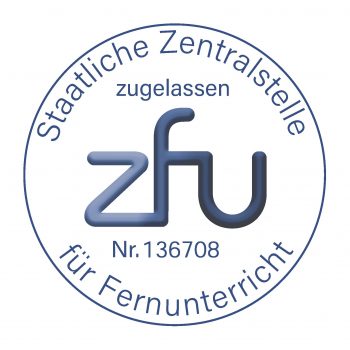Comparative Political Science
Who is the university certificate suitable for?
Would you like to understand and analyze political systems and actors across national borders? And would you also like to methodically compare and evaluate political structures, party systems and political cultures? Then this certificate offers you valuable tools to expand your skills.
Even if you are interested in the dynamics of different types of democracy or want to better understand complex political processes, you will benefit from the scientifically sound content and practical methods of this certificate.
The most important things at a glance:
- Duration of study: 6 months + 6 months free extension
- ECTS credit points: 10 ECTS credit points
- Examination form: Portfolio assignment (term paper and presentation)
- Admission requirements: Knowledge of scientific work
- Start of studies: at any time
- Creditability: M.A. Business Education
- Tuition fees: EUR 165 per month, EUR 990 in total
Understanding political systems worldwide - with the University Certificate in Comparative Politics
In a globalized world, political systems are diverse and complex. If you really want to understand politics and make well-founded comparisons, you need comprehensive knowledge of different types of democracy, political cultures and party landscapes. With the university certificate Comparative Political Science we offer you a compact and in-service training program that provides you with precisely these skills.
Theories, methods and political diversity in comparison
The program provides you with a sound theoretical and methodological foundation in comparative politics. You will deal intensively with different approaches that will help you to systematically analyze and compare political systems.
A particular focus is on the comparative analysis of types of democracy based on the three dimensions of the political: polity (political order), politics (political process) and policy (political content). You will learn how political systems are structured, how power is negotiated and which political decisions are made.
You will also focus on political parties and party systems, associations and the political cultures of different countries. You will understand how these actors and structures function, how they differ and what influence they have on political processes and societies.
The teaching of theoretical, historical and methodological principles rounds off your qualification and prepares you optimally to analyze political systems in their diversity in a scientifically sound manner and to assess them in practice.

